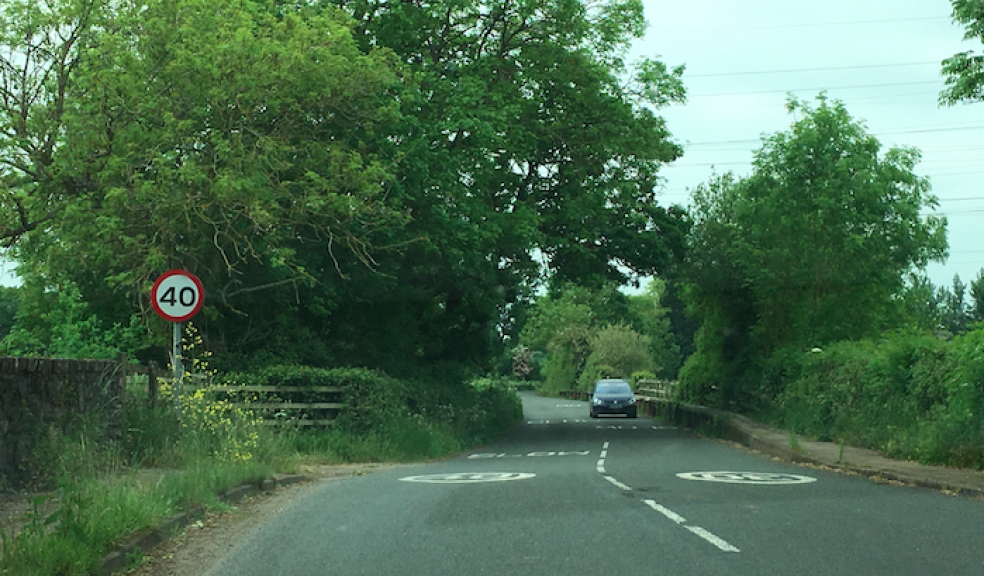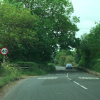
Council to consider plans for extra tree inspections
Additional tree inspections are being recommended to be carried out in Devon in order to manage the risk of Ash dieback.
A report going before Devon County Council’s Cabinet next week (Wednesday 16 May) is asking councillors to consider increasing the frequency of inspections, initially to every two years and potentially every year. This would reduce the risk of falling trees and branches in order to protect public safety.
Ash trees account for around 20% of all trees in Devon, and virtually all native Ash trees are expected to succumb to Ash dieback.
Based on its survey in 2013, Devon County Council has estimated there are 6,300 trees on highway land, 3,900 on Devon County Council land and 3,100 on school grounds.
It’s estimated that it would cost the County Council around £2.5 million to fell its own trees. However, there are also around 440,000 Ash trees in the county that are owned by third parties or on unregistered land that are within falling distance of the highway. The overall cost of felling all of these ash trees which could affect the highway could be more than £70 million.
Councillor Stuart Hughes, Devon County Council Cabinet Member for Highway Management, said: “As Ash dieback starts to develop we need to increase the frequency of inspections. It may be another ten years before we see the major impact of the disease, but it has the potential to develop in one or two years.
“We have a duty to ensure that all trees on our land are in a condition that does not put people or property at risk. Private landowners have the same duty of care and they should also understand their responsibilities and regularly inspect their high-risk trees.”
Where Devon County Council is made aware of dangerous private trees near the highway, a notice will be issued to landowners. If a landowner fails to act on a notice the Council may carry out the work and recharge the landowner.
Around 60 infected trees, both Devon County Council owned and private trees, were felled in a co-ordinated scheme in Bickleigh, near Tiverton, in February.
The report also considers the consequences of Ash dieback for Devon’s outstanding natural environment and the approaches that might be taken to mitigate some of these impacts. In particular, it recommends a number of important principles, including immediate action to replace trees that will be lost and planting of a diverse range of tree types to develop a more resilient landscape which can cope with future tree pests and diseases.
The report promotes the adoption of the ‘Devon 3/2/1 formula’, whereby at least three new trees should replace each large tree lost, two for a medium tree and one for a small tree.
Devon County Council has led on establishing the Devon Ash Dieback Resilience Forum to help agencies and organisations co-ordinate their response in addressing the disease. It has also worked with the Devon Local Nature Partnership to produce the Devon Ash Dieback Plan in 2016.




















